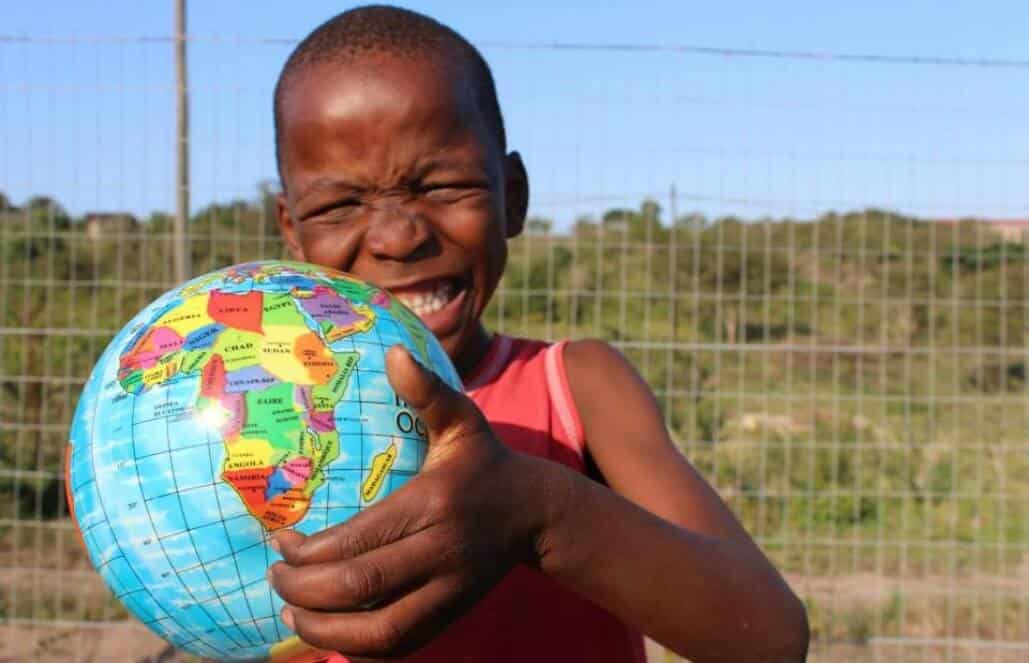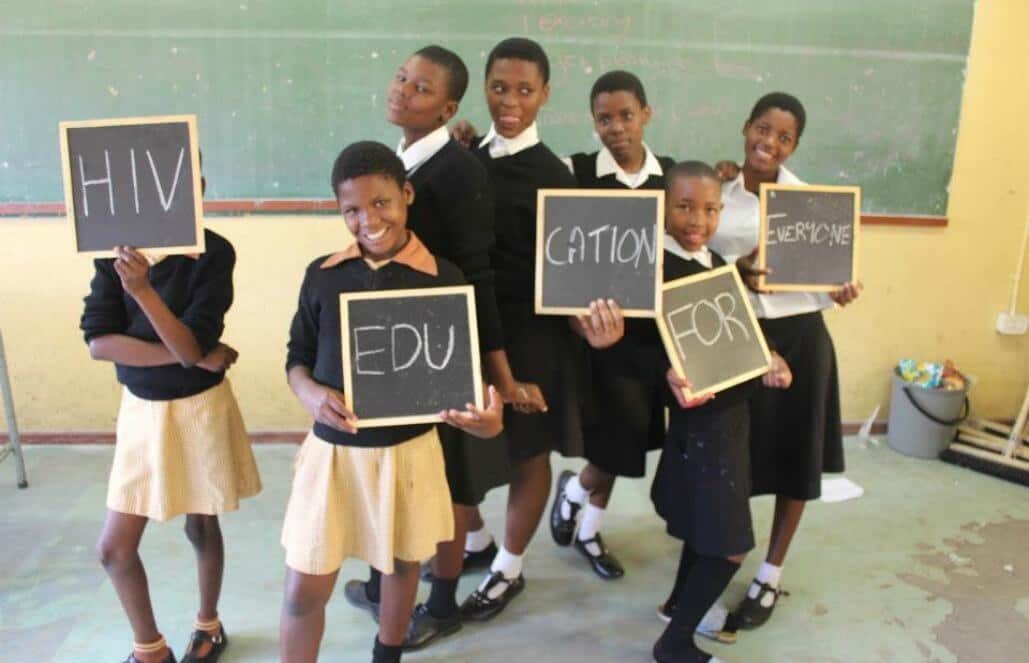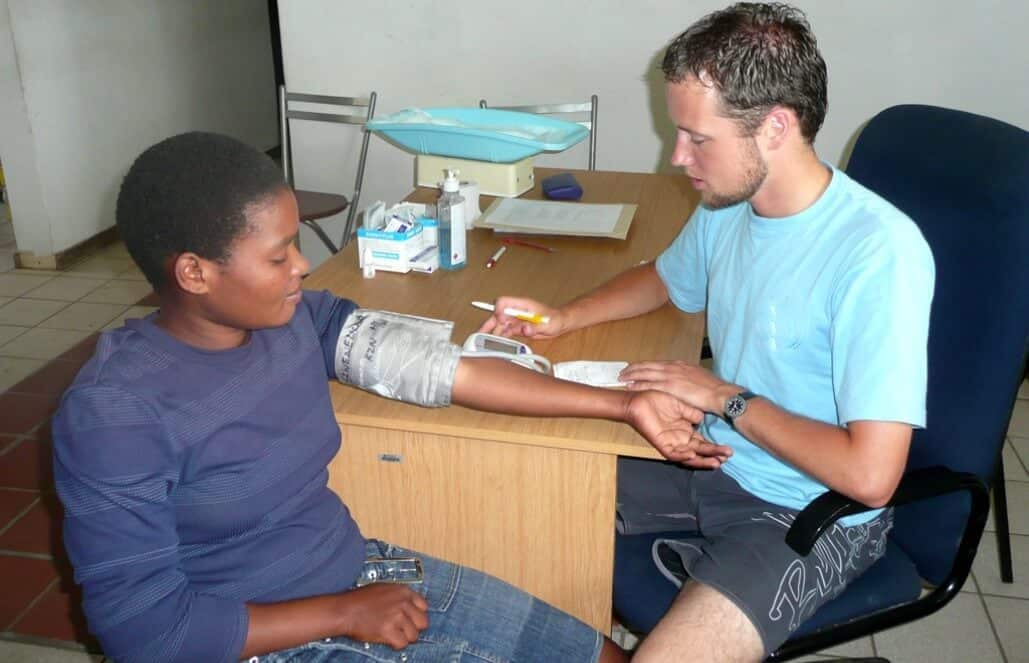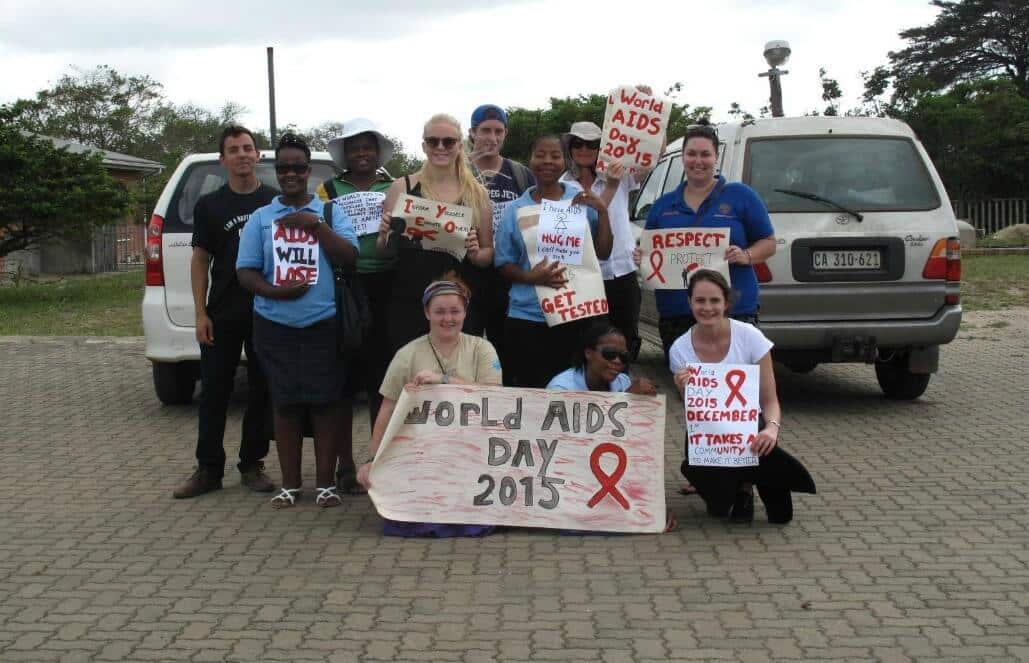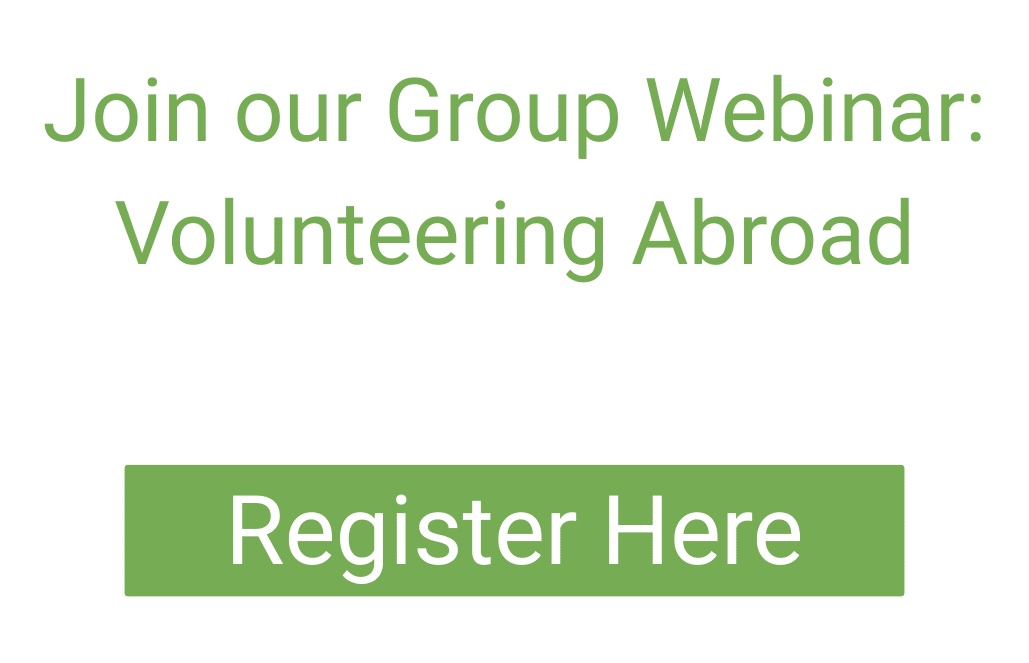South Africa is afflicted by the largest HIV epidemic in the world. Nearly 19 percent of adults are living with the virus, according to global HIV education organization Avert. The HIV/AIDS crisis has created lasting healthcare and education struggles in affected communities throughout the country.
The widespread impacts of the illness mean there is huge potential for international HIV/AIDS volunteers to assist with projects ranging from nutritional programs to gardening. Volunteering with HIV/AIDS patients in South Africa is a unique opportunity to experience international development, healthcare, education, and culture all in one go. It’s an emotionally demanding but immensely rewarding experience.
What is the current situation with HIV/AIDS in South Africa?
Out of the global population of people living with HIV, 19 percent are in South Africa. More than seven million people in South Africa alone have HIV, Avert states.
Despite these grim statistics, the situation is improving. In the past 10 years, new infections among adults have decreased by 25 percent, UNICEF says.
National healthcare programs are helping to tackle the epidemic. Testing for HIV has also improved in recent years, and Avert estimates that 86 percent of affected people are now aware of their status. At least 65 percent of people aware of their infected status are on treatment, and of those 81 percent are virally suppressed. South Africa invests more than $1 billion dollars annually into antiretroviral (ART) programs and the country now has the largest ART initiatives in the world.
The future is looking brighter. However there are still many children left vulnerable or orphaned as a result of the HIV/AIDS epidemic, and the disease is still closely linked to poverty and hardship.
Stretched resources locally mean international volunteers are valuable additions to medical programs.
How can volunteers help affected communities?
Volunteering with HIV patients requires some medical knowledge and a lot of compassion. If you aren’t working toward a career in medicine, an interest or a first aid certification are useful.
However, the main qualifications for working as a medical volunteer in Africa is a passion for change and dedication to helping people. Communities affected by HIV often suffer from more than just health issues, so volunteers can help with everything from education to community support.
The main areas where volunteers can contribute are:
HIV/AIDS education
Particularly in rural areas, volunteers can help educate and raise awareness around HIV/AIDS. Education is a key aspect of preventing further spread of HIV. Support groups and health classes are an important source of information, with open discussions around the disease. Volunteers can help deliver classes and groups with health information and assist in talks about discrimination or misunderstandings of the illness.
Health support
This might come in the form of providing support to people who can’t make it to a clinic, as home-based care can be an important way of providing the comfort and emotional support that patients need. Volunteers may also assist with nutrition programs, or help to make sure patients are following their prescribed treatment plans. There are specific skills and a degree of knowledge involved in the healthcare side of HIV volunteering, so these activities may only be available to people with medical training.
Community support
HIV affected communities suffer on a broader scale than just health. Volunteers can help out with refurbishing schools or other community centers, lend a hand with gardening, or take part in other community projects. Volunteers can also help look after children who have been left orphaned by the disease.
10 things medical volunteers do in South Africa
As a medical outreach volunteer in South Africa, you could take part in a range of activities that address the holistic health of a community. In your day to day volunteer work you could:
- Conduct home-visits to chronically-ill or injured patients
- Take part in support groups and facilitate discussions around illness
- Maintain community vegetable gardens
- Repair run-down buildings at local schools or daycare centers
- Develop learning materials for children in orphanages
- Run HIV education classes for adults
- Spend time with patients to give them emotional support
- Work with whole families to make sure each member is empowered and accessing the healthcare they need
- Ensure patients are keeping to treatment plans
- Give nutritional advice and supplements
What do you need to know before volunteering with HIV patients?
Volunteering with HIV patients requires sensitivity and also a reasonable degree of background knowledge. Before your trip, you should read up on the history of HIV/AiDS and have an understanding of how the disease has affected African societies.
Volunteering in HIV stricken communities can be confronting. You should be prepared to keep an open mind and an open heart. It can be difficult to see suffering of people both from the disease and the treatment victims receive from society. Working in another culture, you should also be willing to explore different ideas and avoid harsh judgements of local beliefs or customs.
While there is no direct threat to your health through volunteering with HIV patients, you should consult a travel doctor before you leave to make sure you have all the necessary immunizations.
Volunteering with HIV patients in South Africa – our volunteers’ stories
To get an idea whether this may be the right volunteer program for you, you can hear real stories from our previous volunteers.
Here’s what one of our volunteer’s had to say about her experience volunteering in St. Lucia:
“Every morning I went to Doukou Doukou Cre’ch. There, a group of volunteers and I taught children from the ages of 2-7 years old English. We played, sang, and danced with the kids while teaching them English with creative games that my group came up with. The kids were incredible. Their joy for life and their will to learn filled me with so much happiness. I wanted to take all those kids and bring them back home with me.
During one of our afternoon activities, another volunteer and I taught adults about HIV/AID awareness with the help of one of the local women that work with community projects. At the end of the HIV/AID course, the adult participants needed to take a test, going through everything they had learned. They all passed, and I was so proud of them, not only for passing, but for showing up to the classes. They wanted to learn and I was more than happy to help and teach them.”
You can read her full story here.
Volunteering can change lives – including yours. Start your adventure today by looking through our healthcare volunteer programs in South Africa.


